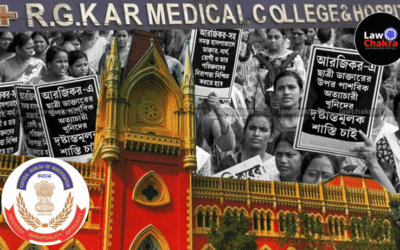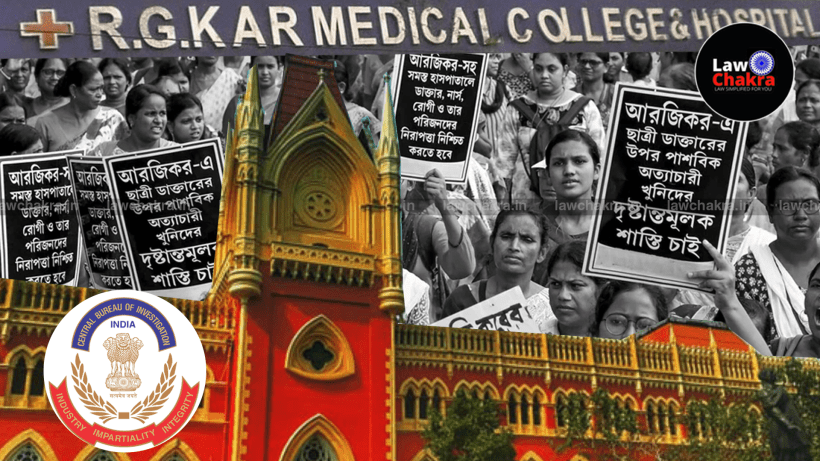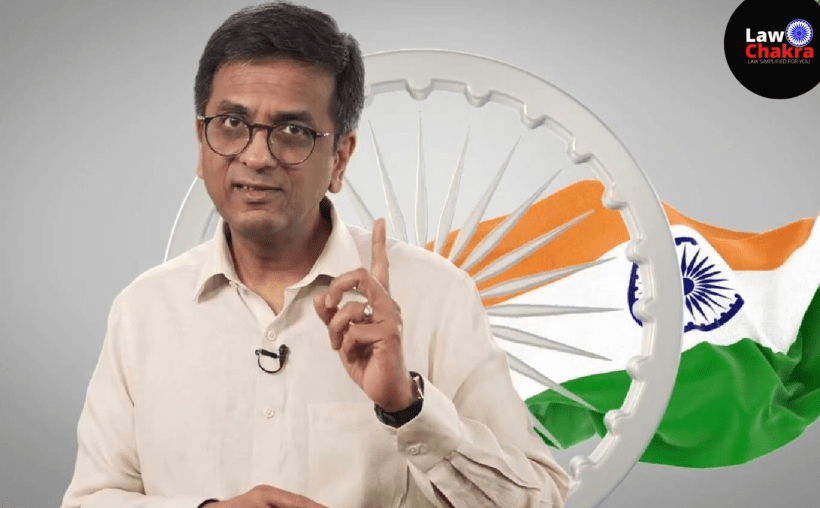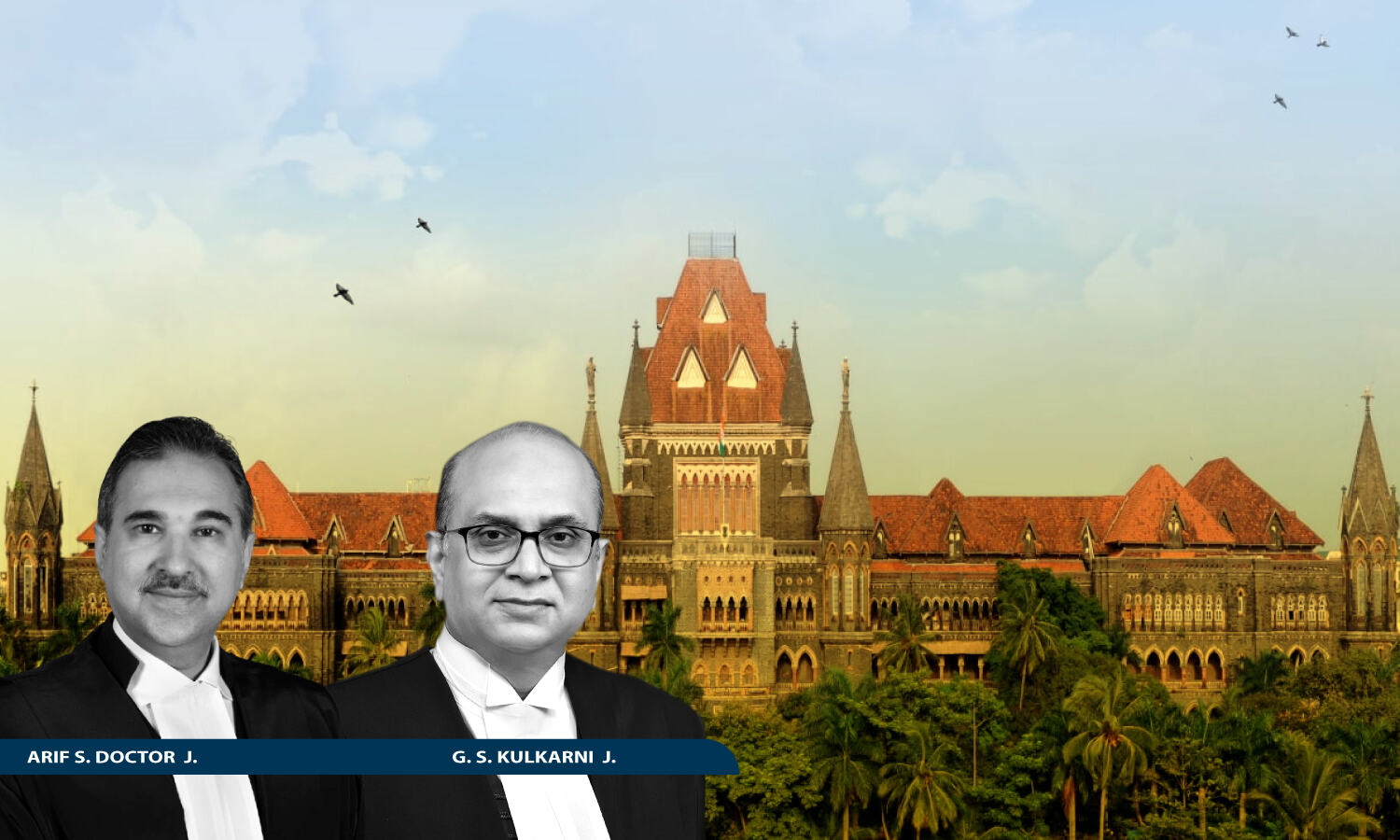ANI Technologies Argues For Fundamental Rights In Karnataka HC

Thank you for reading this post, don’t forget to subscribe!
ANI Technologies told the Karnataka High Court that denying bike taxi permits violates fundamental rights. Counsel argued, “bike taxis are a necessity, not a luxury” amid growing urban congestion.

BENGALURU: Today, on June 2025, the Karnataka High Court on Tuesday witnessed heated arguments in the case, where the issue of the legality and regulation of bike taxis came under judicial scrutiny before a division bench comprising The Hon’ble Acting Chief Justice and The Hon’ble Justice C.M. Joshi.
The case, centered on the State’s refusal to grant transport registration and contract-carriage permits to bike taxis operated by platforms like Ola and Uber, has triggered significant debate on executive overreach, policy validity, and fundamental rights.
The hearing began with the counsel apprising the Court that
“an impleadment application has been submitted on behalf of the auto-rickshaw unions,”
underscoring the wider impact of the dispute on public and private transport operators.
Arguing for ANI Technologies, senior counsel Adv. Dhyan Chinnappa forcefully asserted the constitutional entitlement of citizens and companies to conduct legitimate business under the Motor Vehicles Act.
He stated,
“I have a fundamental right to get my vehicle registered as transport vehicle.”
He further added,
“There is no reasonable restriction which is applicable here and we are not challenging them. The state has done this beyond it.”
The counsel emphasized the broader public interest behind bike taxi services, contending that,
“The transport system is for the comfort of the public and the people should have ample choice to choose their mode of transport.”
The Bench posed a pointed question:
“In exercise of executive power can they come out with policy?”
The counsel for ANI Technologies responded unequivocally:
“If the issue is governed by statute then the executive should supplement it not supplant it.”
In a hypothetical posed by the Court, the judges asked:
“Let’s say a situation arises where the government has to intervene and declares that the vehicle is no longer operational, even though the statute is framed a certain way. What is your response?”
The counsel replied:
“They cannot do that, Milord. The executive’s authority stops where the statute takes over. There reason behind the policy is not traffic or anything else but just that they don’t want it.”
He also questioned the validity of State policy framed under Article 309, asserting that it cannot override legislative enactments.
“They cannot frame policy in the matter under Article 309 if a legislation is already in place for the same issue.”
Further, he stated,
“There cannot be a policy contrary to the law and the policy which is contrary to The Motor Vehicle Act is contrary to law.”
Recounting the sequence of events, the counsel emphasized that ANI Technologies had duly applied for the required permits and the court had previously ruled in their favour.
Yet, the State defied the ruling:
“I applied for transport registration and contract-carriage permits, and this Court has held that I am entitled to receive them. Still, the State refused and even informed the Court it would not issue the permits. Having curtailed my right in that way, can the State now question how I’m using my motorcycle as a bike taxi?”
Touching upon the rationale and social utility behind bike taxis, the counsel argued,
“Congestion, Cost, Convenience are the three things to be considered. The State cannot now claim that bike taxis are causing issues in Karnataka. It was in 2024 that this decision was taken. As for traffic congestion, it’s largely due to the influx of people from across the country settling here, an inevitable outcome of economic growth reflected in rising population. The merits and drawbacks of bike taxis were not properly evaluated. I respectfully submit that the single judge’s order should be set aside.”
Another counsel supporting the petitioners contended that
“The case of the state is in vacuum and lacks any proper ground.”
He argued for the inviolability of fundamental rights:
“My fundamental rights cannot be meddled with just because the state feels like. We accept all the measures taken in order to ensure the people’s safety. In third and second tier city the drivers do have no other means of livelihood making it a serious social issue.”
In response to a direct question from the bench –
“Does the transport authority have the power to regulate fares?”
– the counsel conceded:
“Yes, if the authority decides to regulate, it can. Before the advent of platforms like Uber and Ola, fares were determined by market conditions. In reality, no one followed the meter, Milord.”
The counsel closed by reiterating the necessity of bike taxis within the evolving urban ecosystem:
“Counsel submits that the role of bike taxis in the system is to help reduce traffic congestion. People often avoid using cars or personal bikes, and in some areas even cars and ambulances struggle to get through bikes are filling that gap. Milord, bike taxis are a necessity, not a luxury.”
The Court reserved its observations as the hearing concluded. The outcome of this appeal will have a far-reaching impact on the future of mobility platforms and the balance between regulation and innovation in India’s rapidly urbanizing cities.
Case Title:
ANI Technologies Private Limited v. State of Karnataka and Others [W.A. No. 906/2025]
Click Here to Read More Reports on Bike Taxi Case





